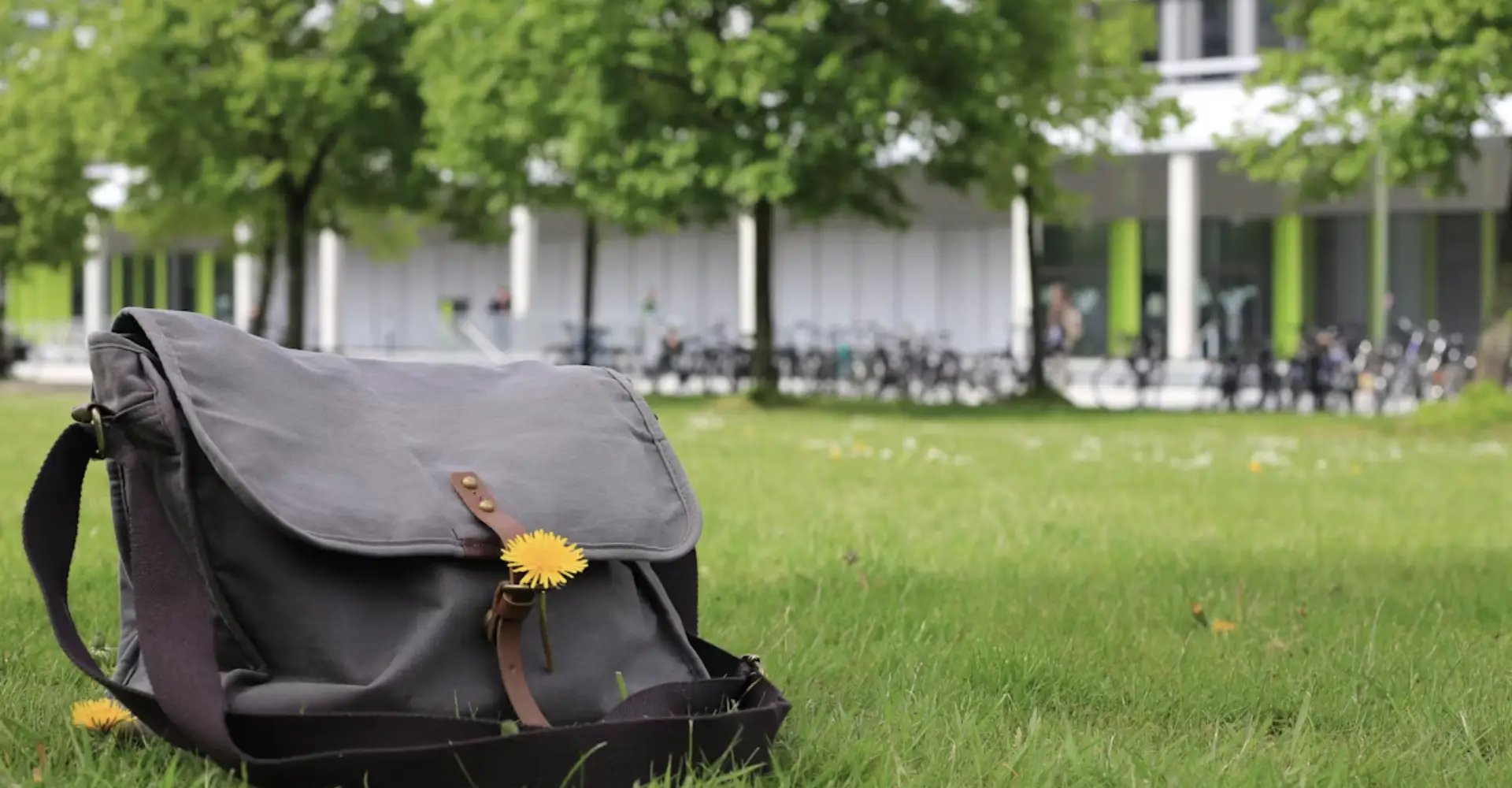
For the average university student, balancing university assignments alongside extracurricular commitments, social activities and everyday life is difficult. Add a placement into the mix and suddenly things can get overwhelming, fast. As a PGDE student currently doing teaching placements in primary schools, I have often felt this way. Despite how demanding university placements may appear, it is absolutely possible to get through them whilst maintaining healthy lifestyle habits. In fact, sustaining good habits is key to keeping on top of heavy workload. Here’s my guide to a few tips on how to get through your university placement whilst still taking care of yourself! These are the basic things I learned along the way that are helpful ways on balancing everything and I’m still using!
1. Staying organised

Let’s begin with potentially the most useful tip out of this list. It is essential to remain organised whilst on placement.
Placements can last for several weeks at a time. Throughout, you will be expected to regularly update your university mentors whilst working alongside placement staff. Trying to keep on top of assigned workload from both your university and your placement may become overwhelming. Do not expect to be able to remember every task or deadline off the top of your head. You’ll create a ton of extra mental load! Instead, keep a written to-do list with explicit deadlines. This will remove any added stress from attempting to remember every deadline. Whether this to-do list is on your phone or written down on a calendar or journal (I personally keep a mini diary), make sure you have one readily available to you.
Secondly, it is vital to check your emails at least once a day. It is a quick and easy task which will help you to stay on top of university commitments whilst away from campus. Personally, I always check my emails during the bus rides to and from my placement school. Therefore, by the time I arrive home I can relax, knowing that there are no sneaky e-mails awaiting me!
2. Eating healthily
The second tip of this list is to maintain healthy eating habits. First and foremost, you must eat at least three meals per day. Often placements require students to bring in a packed lunch, although some lucky students may receive free lunch! Sometimes, it’s difficult to find the energy to pack a lunch for the next day. Usually, I make an extra large dinner, so that I can carry over leftovers to work. However, when I decide to pack a lunch box, I get this over and done with as soon as I arrive home, ensuring that I can go and rest quicker!
Additionally, it’s important to have balanced meals each day. Whilst there’s nothing wrong with the occasional takeaway, try to avoid ordering food daily, as this can have a negative effect on your diet. Having balanced, home-cooked meals will give you the energy you need to get through your next day on placement.
3. Good sleeping habits

Leading off of the previous point, having enough energy to get through the day is an absolute must. Humans need at least 6-8 hours a day of sleep to function. Most placements require you to wake up at super early times, which in turn means getting to bed at an appropriate time. Although it may seem tempting to stretch the limits of how little sleep you can get through the day on, it will have negative repercussions on your physical and mental health and consequently affect your performance.
For anyone who struggles to get to sleep, simple actions such as avoiding screen time for 30 minutes to an hour before bed, or using downtime settings on phones to block social media at set times can help to overcome the urge to doom scroll until 1am – don’t worry, we’ve all been there! Reading before bed particularly helps to calm your mind after a long day.
4. Making time for yourself

With so many responsibilities from university and placement, it can be difficult to switch off. Just remember, you are a person first before you are a student!
Keeping up with hobbies can seem impossible when coming home from a long, exhausting day of placement. However, finding even an hour here and there to do something you love makes all the difference to your well-being. Try to schedule at least a morning or an afternoon during the week dedicated only to rest and self-care. If you’re struggling to find or maintain a hobby, why not have a go at joining a university society?
Self-care takes many different forms. Mindfulness, for example, allows you to switch off and has been proven to reduce anxiety levels. Journaling is a popular hobby which invites self-reflection and relieves stress. Whatever the activity, try to ensure that you are setting aside at least an hour or two each week to focus on yourself. Moreso, if this time does not involve scrolling through social media (which often leaves you feeling unproductive and tense) – even better!
5. Making time for others
Alongside finding time for yourself, it can be even more challenging to find the time to see other people. Coordinating schedules is often a nightmare for both parties, especially when your friends are also doing placements. Nonetheless even short coffee trips or a quick hello over the phone makes a noticeable difference to your mood. Whether it’s an evening catch-up with a housemate or a weekend trip home to see family and pets, having time to socialise is vital to maintaining positive mental health. During exam season, when time and sleep are especially precious, scheduling a joint study session kills two birds with one stone!
Either way, make sure to try and see another friendly face outside of placement every now and again to de-stress and socialise.
6. Don’t over-do it

Another tip that students often need to hear; do not overexert yourself. It is tempting to try and multi-task your way through your workload to get through tasks twice as fast. However, doing so will increase the likelihood of burning out. Humans are not made to multitask. It places extreme pressure on our brains and decreases our output performance. Instead, identify your current priorities and focus on your prime concern one at a time. Going back to the aforementioned handy to-do list, you could rank your task list by necessity and then work your way down. By focusing on selected goals, you are able to deliver your best performance. So there’s less chance of having to re-do anything!
This is especially important during exam season. For myself, balancing written essays whilst teaching in schools is not easy. However, by breaking down my essay into key tasks, such as researching a particular paragraph, I was able to dedicate my time effectively and produce high-quality essays even whilst on placement.
7. Asking for help when needed
Last but most certainly not least, know your limits. If things get a bit too overwhelming to handle on your own, that is absolutely okay. There are systems in place to help you. For example, placements can often be financially demanding, particularly those which do not reimburse travel costs.
Your first point of contact within the university should be your mentor who will be able to offer guidance or re-direct you to the next best person. Universities often have dedicated well-being teams who can provide mental health support where needed. Finally, ensure that you are keeping in touch with family and friends and that you are confiding in others rather than bottling any feelings up! The worst thing you can do is keep negative emotions to yourself. Make sure that you are reaching out for help wherever possible. For further help on getting help at your specific university, take a look at Unifresher’s Get Help section. You can also check out Student Minds’ help section.





